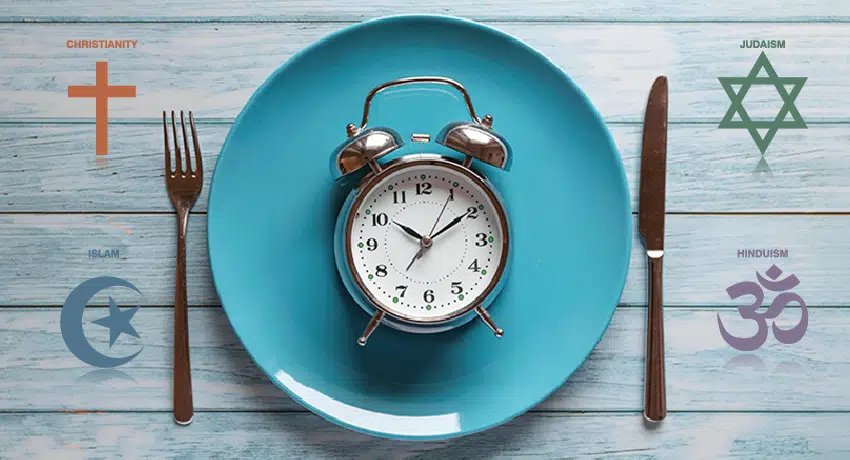Cultural significance of fasting
This practice can have health benefits
February 9, 2023
Across the world, many cultures have periods of fasting. Fasting is when one gives up some or all food or water for a period of time. In fact, in almost every religion, people recognize and honor whatever they worship by fasting.
Often, there is a set period of fasting that people stick to, usually in order to show the ability to self-sacrifice or “purify” themselves.
Many believe that fasting is giving up all food for a period of time, like what is practiced during Ramadan. Ramadan is a 30-day-long Muslim holiday that is commemorated by a period of fasting, prayer, and reflection. However, many people believe that Muslim people are not eating for a whole month, when in reality, they can eat before dawn and after dusk.
Giving up food for any period of time for any religious reason is considered fasting. For example, Christian Catholics will not eat meat on Fridays during the period of Lent, which is a form of fasting. It is also customary that Catholics give up something for the 40 days of Lent, another form of fasting.
Some worry about the possible health issues that could come with fasting, but for the most part, fasting provides many health benefits. Fasting can help lower blood pressure, blood glucose level, and blood lipid levels, and to improve overall fitness.
It is important to research safe ways to fast. If you are planning on fasting, it is important to start slowly and to understand how the health benefits of fasting can be easily lost if it is done in a way that is more harmful than helpful.



